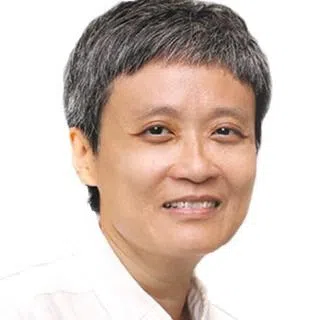Can Musk temper Trump’s stance on China tariffs?
Lianhe Zaobao correspondent Sim Tze Wei interviews academics about the implications of Donald Trump’s return to the presidency, exploring potential tariffs on Chinese goods and Elon Musk’s possible influence on Trump’s trade decisions.
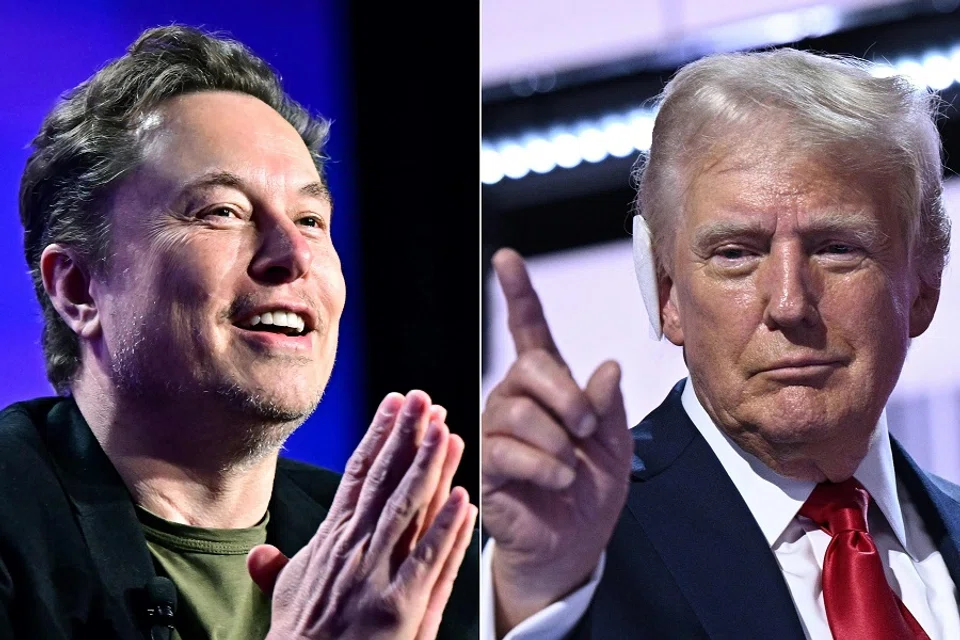
Republican presidential nominee Donald Trump is set to return to the White House for a second term. Interviewed academics think that Beijing’s biggest concern is Trump’s stiff tariff policies, which could severely impact the Chinese economy. However, entrepreneur Elon Musk, who has extensive business interests in China, could serve as a buffer in easing China-US trade tensions.
After Trump won on the afternoon of 6 November Beijing time, Chinese foreign ministry spokesperson Mao Ning said at a regular press conference that China’s policy on the US is consistent, and that the country will continue to view and handle China-US relations under the principles of mutual respect, peaceful coexistence and win-win cooperation.
As for how China will respond to the possibility of higher tariffs, Mao replied, “We do not answer hypothetical questions.”
Possible actions on China
Trump initiated the US-China trade war during his first term in office. In his current campaign, he threatened to impose tariffs of over 60% on Chinese exports to the US, and to revoke China’s Most Favoured Nation trade status.
According to a report released by UBS Group in July, new tariffs of 60% on all Chinese exports to the US would more than halve China’s annual growth rate.
... Beijing has made preparations to deal with the stiff tariff policies of a “Trump 2.0” era.
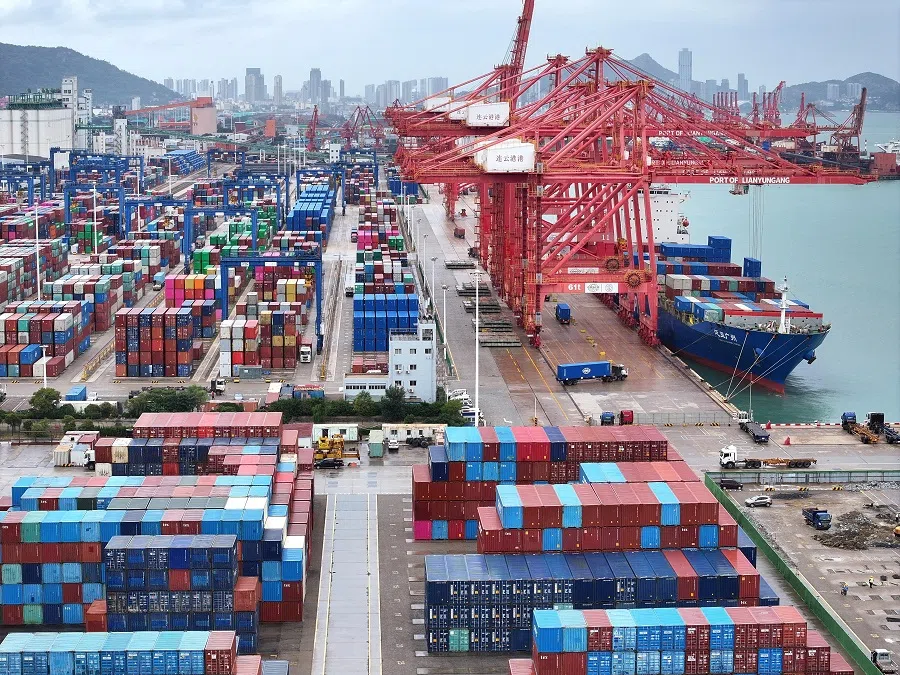
Academics interviewed by Lianhe Zaobao all assessed that Beijing has made preparations to deal with the stiff tariff policies of a “Trump 2.0” era.
Dylan Loh, an assistant professor at the Public Policy and Global Affairs division of Nanyang Technological University (NTU), analysed that Trump’s high tariffs on Chinese goods are China’s biggest worry. For this reason, he thinks that China is “not showing their cards” and has been “storing their ammunition precisely for such a scenario”.
China’s response
The Standing Committee of the National People’s Congress of China concluded its meeting on 8 November and is expected to introduce new measures to address local government debt issues. Prior to that, Reuters reported that China was considering approving new debt issuance of over 10 trillion RMB (US$1.4 trillion) over the next few years, and that Beijing might announce an even stronger fiscal package if Trump won a second presidency.
Zhu Feng, executive dean of the School of International Studies at Nanjing University, analysed that from the Chinese Communist Party’s 20th Party Congress report to the third plenum held in July this year, China has continuously stressed the need to comprehensively deepen reform and opening up, not only to prepare for economic restructuring but also to address the strategic pressure from the current Joe Biden administration and a “US oriented towards ‘America First’” under a Trump presidency.
Zhu predicts that the China-US tech war, data war, and other related issues will not see substantial changes after Trump returns to the White House. He thinks that China needs to strengthen its own reforms, while pushing the US to return to the phase one trade deal signed in January 2020.
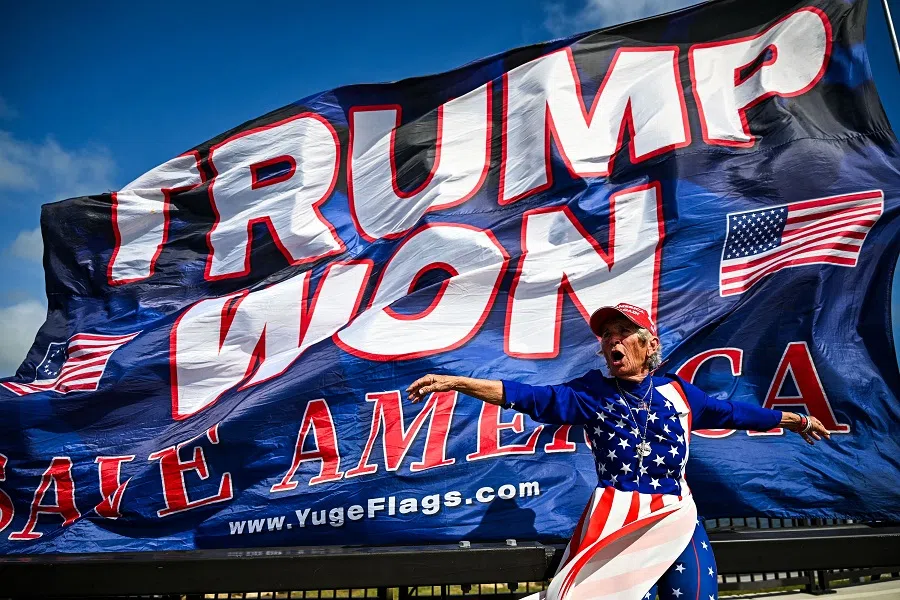
He said, “Back then, both sides agreed to resolve trade conflicts through dialogue and negotiation, but this was stalled due to the pandemic.”
... if Musk can emphasise the mutual benefits of China-US business cooperation, correct the decoupling and supply chain disruptions constantly pushed by the Biden administration, and steer China-US relations in a direction that is relatively within control, he can act as a buffer and help mitigate tensions. — Zhu Feng, Executive Dean, School of International Studies, Nanjing University
The Musk effect
Tesla founder Elon Musk — the world’s richest person — became a strong supporter of Trump in this election. Trump has stated that if he wins a second term, he will establish a “government efficiency commission” led by Musk.
When Trump won Florida, he also praised Musk in his speech, saying, “A star is born… Elon.”
Musk has significant business interests in China, with half of Tesla’s electric vehicles being manufactured in China.
Zhu said that if Musk can emphasise the mutual benefits of China-US business cooperation, correct the decoupling and supply chain disruptions constantly pushed by the Biden administration, and steer China-US relations in a direction that is relatively within control, he can act as a buffer and help mitigate tensions. “From this perspective, the ‘Musk effect’ in the Trump 2.0 era is indeed something to look forward to.”
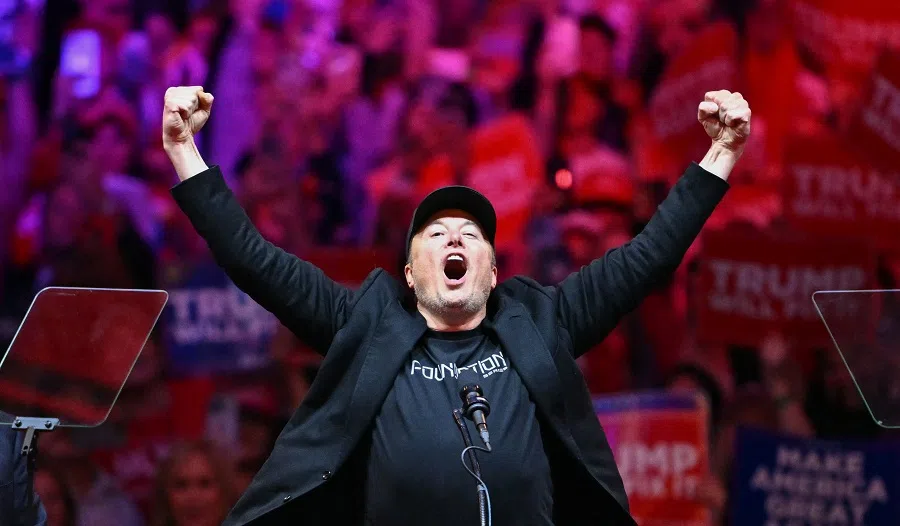
Loh thinks that whether Musk can act as a buffer in China-US relations will depend on whether he joins the Trump administration and what position he holds.
... Trump will find a more middle position due to political realities and will not “suddenly abandon Asia, for example, or probably give up on the Indo-Pacific”. — Assistant Professor Dylan Loh, Public Policy and Global Affairs division, NTU
Changes from first term
Biden valued relationships with allies who share similar values, while Trump’s worldview is primarily focused on “doing business”. Following the US presidential transition, will there be a retreat in foreign policy strategy, creating more space for China to court regional partners?
Loh thinks that although Trump has repeatedly emphasised “America First” during his campaign, it does not necessarily mean a return to isolationism. He predicts that Trump will find a more middle position due to political realities and will not “suddenly abandon Asia, for example, or probably give up on the Indo-Pacific”.
Zhu also assessed that Trump will not distance himself from the US alliance system in the Asia-Pacific and that the US’s containment of China will not substantially change. However, Trump may demand greater defence spending from countries like Japan, South Korea and the Philippines, as “he puts America’s interests first”.
This article was first published in Lianhe Zaobao as “特朗普高关税对中国冲击多大?学者称留意马斯克角色”.
